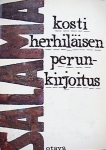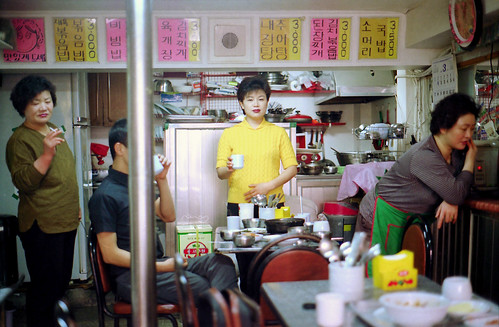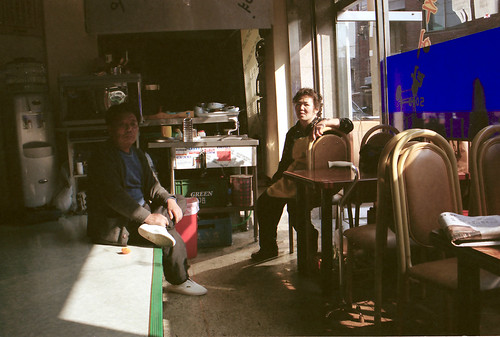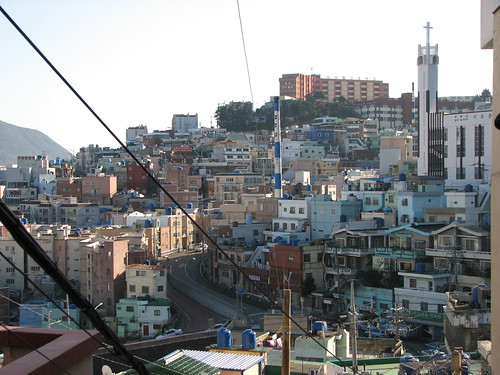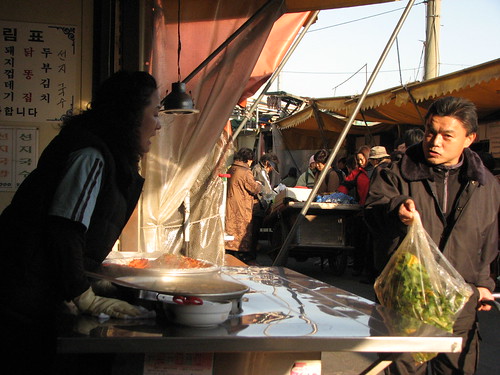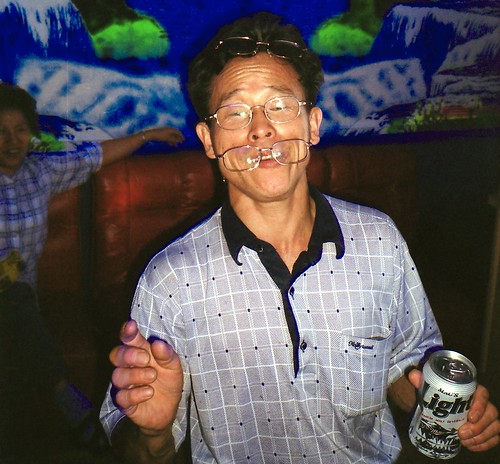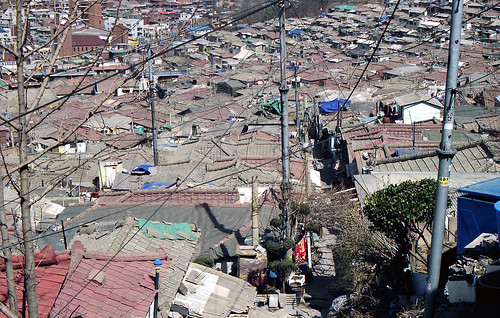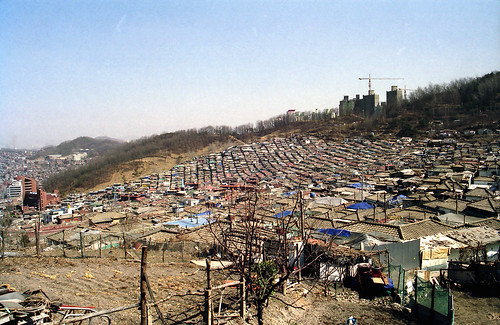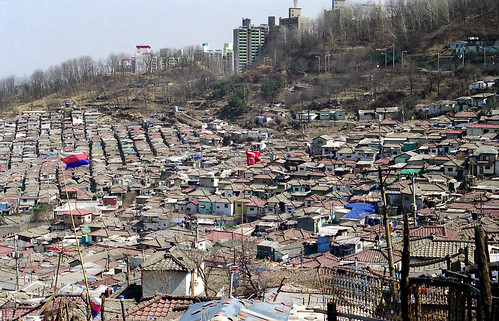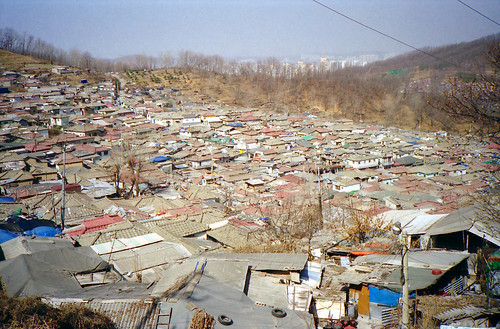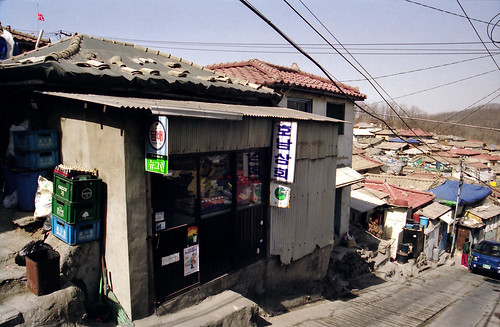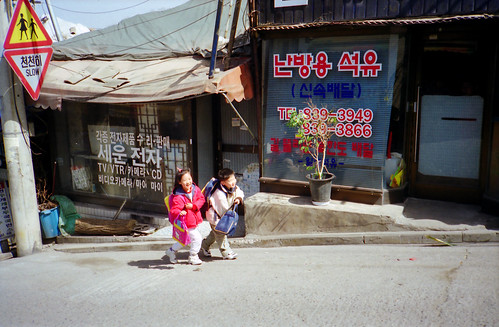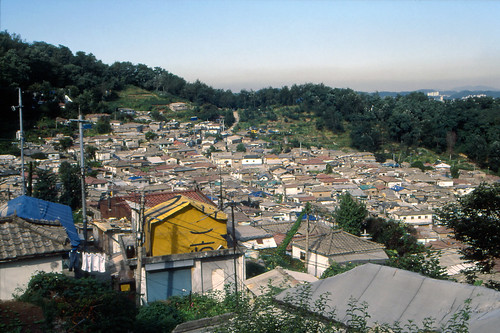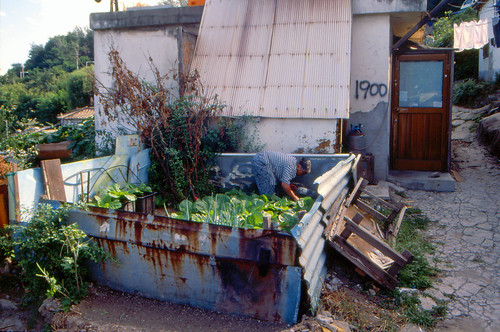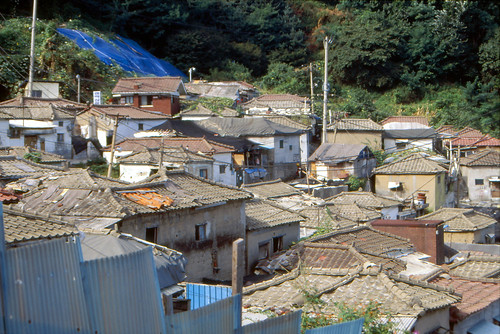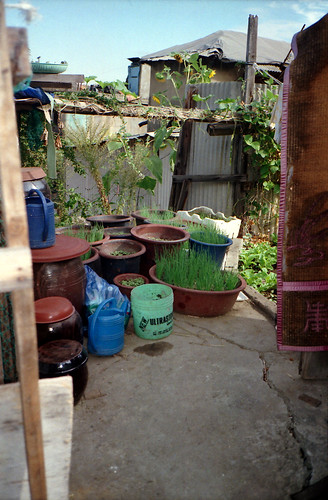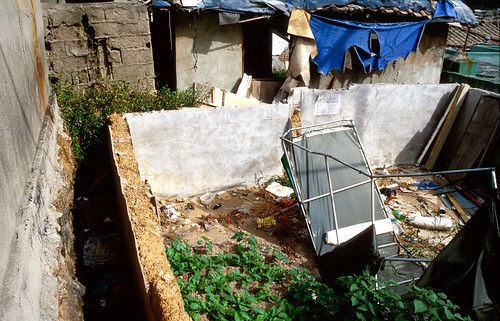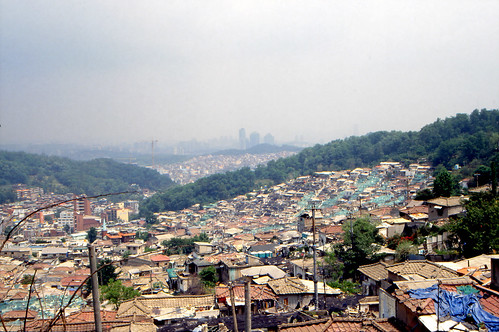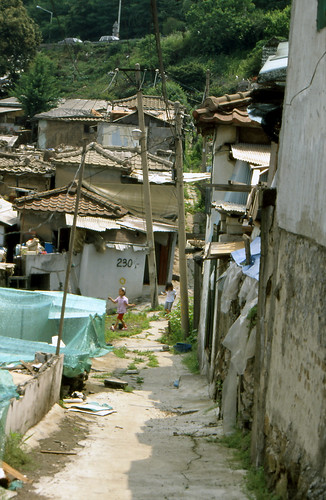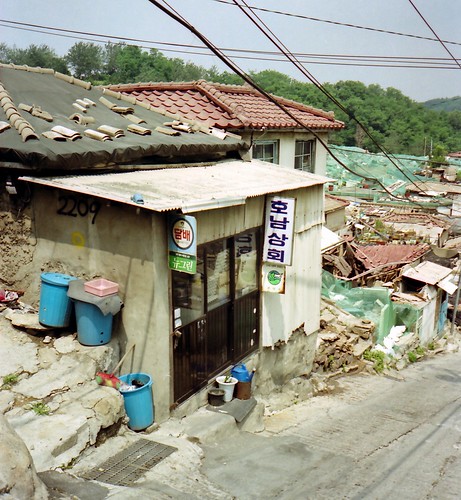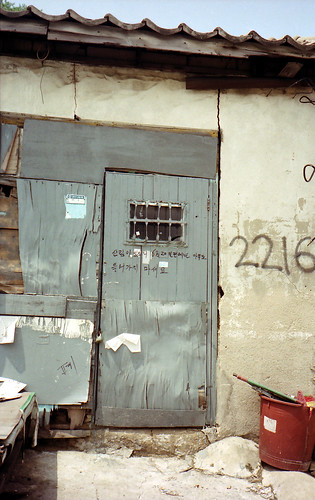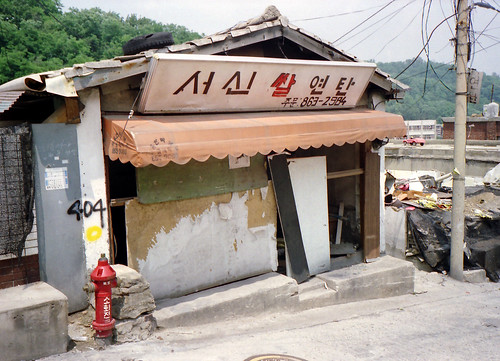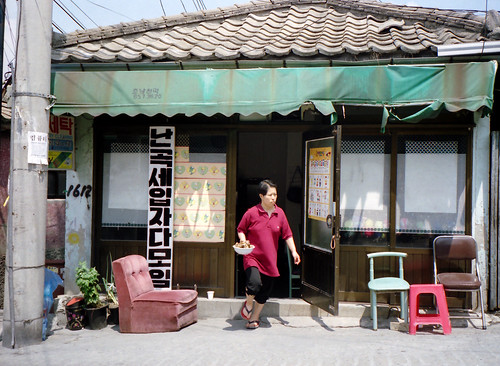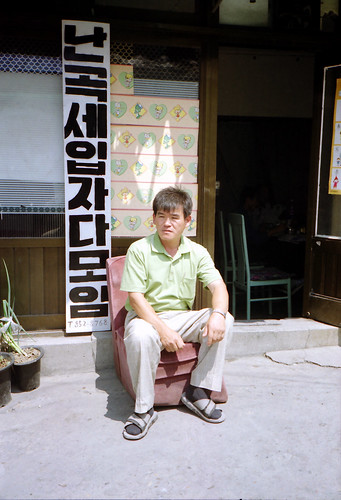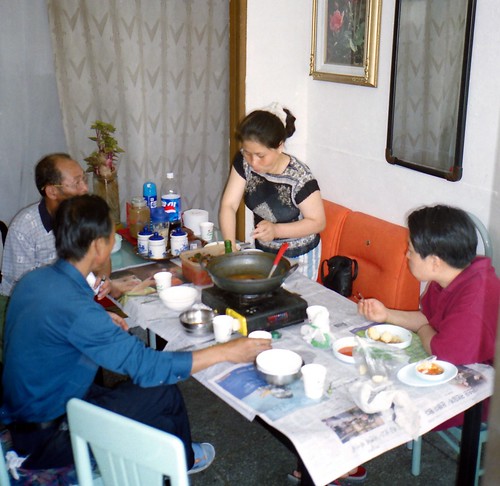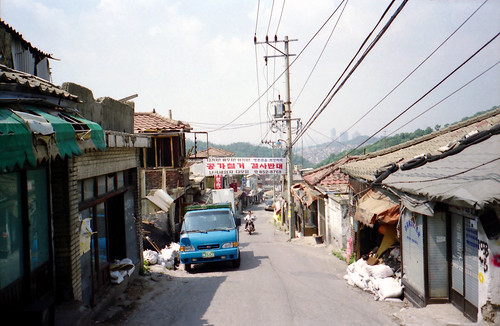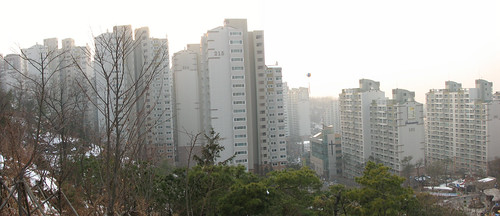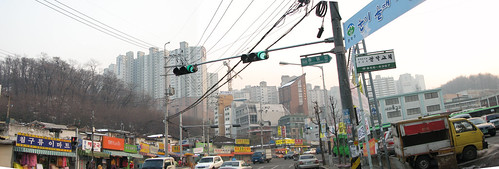Seems like a very interesting conference on June 21 in Korea University (from the Korean Studies mailing list):
"Crossing National and Disciplinary Boundaries in Korean and Japanese
Studies"
what: recent scholarship in Korean and Japanese Studies that
transgress established boundaries in interesting ways.
when: Thursday, June 21, 2007
where: Centennial Hall, Korea University
sponsors: Asiatic Research Center Korea University and The National
Research Council for Economics, Humanities, and Social Sciences
conference organizer: Henry Em, Korea University
*Program*
(10:00 - 10:45)
Opening Remarks: Choi Jang Jip, Director, Asea munje yon'guso
Welcome: Han Sung-Joo, President, Korea University
Keynote Address: Kim Uchang, Professor Emeritus, Korea University. "Crossing Boundaries: Dangers, Fears, Historical Truths"
Session I: Imperial Ideology and Colonial Korea
(10:45 - 12:30)
chair: Henry Em, Associate Professor, Dept. of Korean History, Korea University
presenters:
Helen Lee, Assistant Professor, Dept. of African and Asian Languages and Literatures, University of Florida: "Dying as Daughter of the Empire"
Jun Uchida, Assistant Professor, Dept. of History, Stanford University: "Between Fascism and Colonialism: Japan's Naisen Ittai Policy and Mass Mobilization in Wartime Korea"
discussants:
Roger Janelli, Professor Emeritus, Folklore and Ethnomusicology, East Asian Languages & Cultures, Indiana University
Jung, Keun-Sik, Professor, Dept. of Sociology, Seoul National University
Session II: Korean Narratives and the Hegemony of the West
(14:00 - 16:30)
chair: Kwon Heok-Tae, Department of Japanese Studies, Sungkonghoe University
presenters:
Henry Em, Associate Professor, Dept. of Korean History, Korea University: "Sovereignty and Modern Korean Historiography"
Theodore Hughes, Assistant Professor, Dept. of East Asian Lang. & Cultures, Columbia University: "Death, Target, Virtuality: Cold War Memories of North Koreans and the Korean War"
Youngju Ryu, Assistant Professor, Dept. of Asian Lang. & Cultures, University of Michigan (from July): "Refractory Fictions: Countering the "Novel" in Modern Korea"
discussants: Han, Suk Jung, Professor, Dept. of Sociology, Dong-A University
Cho Chulwon, Professor, Dept. of English Lang. & Literature, and Director, American Studies Institute, Seoul National University
Jin-kyung Lee, Assistant Professor, Dept. of Literature, University of California San Diego
Session III: Colonialism, Modernity, and Memory
(16:15 - 18:30)
chair: Roger Janelli, Professor Emeritus, Folklore and Ethnomusicology, East Asian Languages & Cultures, Indiana University
presenters:
Jun Yoo, Assistant Professor, Dept. of History, University of Hawaii: "The New Woman and the Politics of Gender in Colonial Korea"
Alexis Dudden, Associate Professor, Dept. of History, and Director of the Program in Humanitarian Studies, University of Connecticut (from July): "Modern History. Old Islands."
discussants:
Jung, Tae-Hern, Professor, Dept. of Korean History, Korea University
Kwon Heok-Tae, Department of Japanese Studies, Sungkonghoe University
Categories at del.icio.us/hunjang: academic ∙ Koreanstudies ∙ Koreanhistory |


